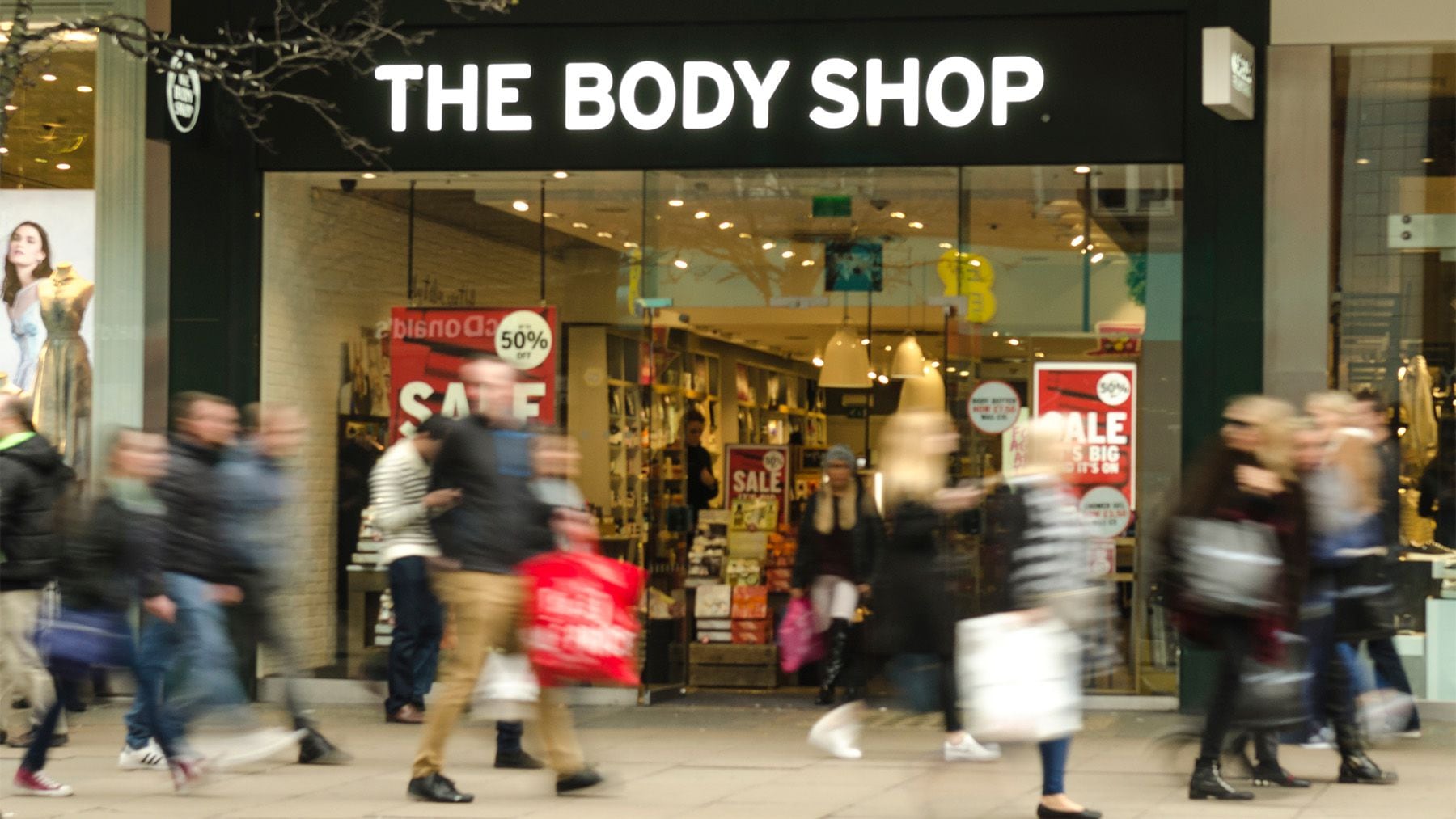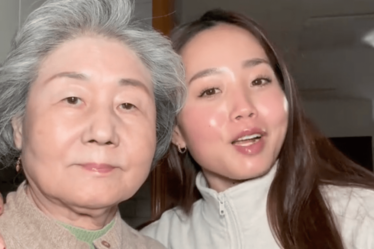
Walking into The Body Shop was like “entering a sweet shop”. It “literally made your mouth water,” says Stasia Smith-Turpin, who would head to the Lancaster store after school with friends when she was 16 in the 90s. She recalls how a wave of fragrance would hit her as she entered the shop, and she would test and smell the soaps, creams and potions while planning how to spend her pocket money.
Smith-Turpin, 48, would spray herself with dewberry perfume – the scent of summer berries – before riding the bus home. One day, to her mother’s horror, she applied too much (“my arms were literally greasy!”) and “apparently she could smell me from the bus stop at the bottom of the hill,” she says.
Since The Body Shop was founded in 1976, it has served as a gateway to adolescence for generations of young people like Smith-Turpin. Now she and other consumers feel sadness and regret as the retailer collapses into administration in a move that is likely to lead to significant store closures and job losses.
“It was the beginnings of a scented awakening for most teenage girls, and my god did we smell – beautiful, but really strong,” says Smith-Turpin, now a management consultant in Hampton.
But it wasn’t just the products that attracted Smith-Turpin to The Body Shop. It stood for something: ethical consumption, environmentally sustainable ingredients, an abhorrence of animal testing. The store “opened my eyes to many of the political issues I still feel strongly about today,” she says.
Smith-Turpin bought a book on vegetarianism from The Body Shop around the time she stopped eating meat at 16. “It was the spark that made me go and find out more,” she says.
The Body Shop in the late 1970s represented the height of cool, recalls Helen Gunn, a 64-year-old retired occupational therapist in Herefordshire. “There weren’t any shops like it at the time,” she says. “I remember the delicious smells of apple, dewberry and grapefruit.”
She also liked how the business, which now has more than 200 UK stores, was a model for women, and how the founder, Anita Roddick, believed natural cosmetics could be feminist. Gunn “really admired the way she ran her business in a male-dominated world. She was a successful woman in an age where it was unusual for women to make headway in any business.”
She adds, “I feel really sad that it has foundered.”
Roddick eventually sold up in 2006 to L’Oréal and the company was eventually bought by the private equity firm Aurelius Group last year in a cut-price deal.
In 1985, Sally-Ann Fawcett remembers applying for a job at The Body Shop in Scarborough. “The competition was ferocious,” she says. “Everyone wanted to work in such a cool, trendy shop, and the group interview at a five-star local hotel was akin to a beauty pageant.”
Fawcett, 56, was gutted not to be hired. “We were all so envious of those who were successful,” she says. “It really was the place to be.” Every applicant was given a product as a thank you, and she got a banana shampoo. “It was the start of a love affair that has lasted 40 years since that day,” Fawcett says.
Lara Callister, 42, from the Isle of Man, began visiting The Body Shop as a teen in the 90s. “I loved the whole ethos and style,” she says, adding that she was attracted to its strong values of responsible consumption and anti-animal testing stance.
“The actual products themselves were so fragrant and really useful, I adored their morello cherry lip balm, fuzzy peach and dewberry scented products and peppermint foot lotion,” she says.
But Callister says she visited less after the chain’s 2006 sale to L’Oréal, after which it became “bland and uninviting.” She is “very sad” but not surprised to hear that it has called in administrators. “Asset stripping has been mentioned and it just leaves you with that sinking feeling of another empty shop for the high street,” she says.
Hilary Ellis, a 66-year-old semi-retired career coach, lives in Hove, not far from the first ever Body Shop, which opened in Brighton in 1976.
At the time it felt like an “eco-conscious emporium of beauty products – nowhere else had toiletries, cosmetics and wellbeing products under one roof,” she says.
The eye shadows were among Ellis’ favourite products – they were affordable, subtle and cruelty-free – as well as the essential oils in little glass tubes. Ellis travelled around for work, “so I carried them everywhere,” she says, with the lavender helping her sleep on planes or in hotels.
“It all went downhill when Anita Roddick died” in 2007, Ellis says. “She was an entrepreneur with a revolutionary ethical approach.”
After being sold to L’Oréal in 2006, the company was bought by the beauty giant Natura in 2017 before its private equity acquisition in 2023.
Ellis believes now is the time “we need someone to make a fresh start for affordable ethical beauty on our high streets.”
By Jem Bartholomew



